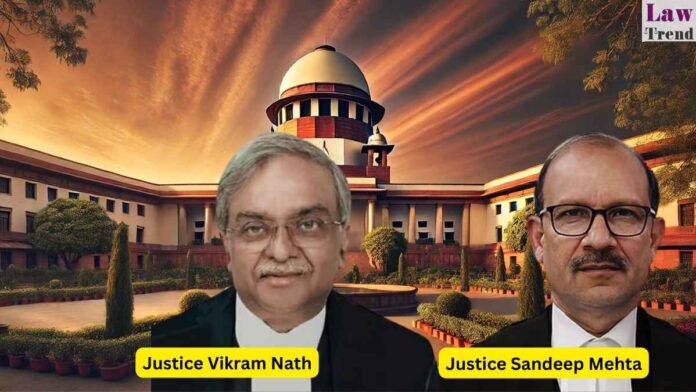The Supreme Court of India, in a recent judgment, has ruled that a request to correct an employee’s date of birth in service records after an inordinate delay of 25 years is not permissible, particularly when the claim leads to glaring factual impossibilities regarding the employee’s family status at the time of joining service. The
To Read More Please Subscribe to VIP Membership for Unlimited Access to All the Articles, Download Available Copies of Judgments/Order, Acess to Central/State Bare Acts, Advertisement Free Content, Access to More than 4000 Legal Drafts( Readymade Editable Formats of Suits, Petitions, Writs, Legal Notices, Divorce Petitions, 138 Notices, Bail Applications etc.) in Hindi and English.




